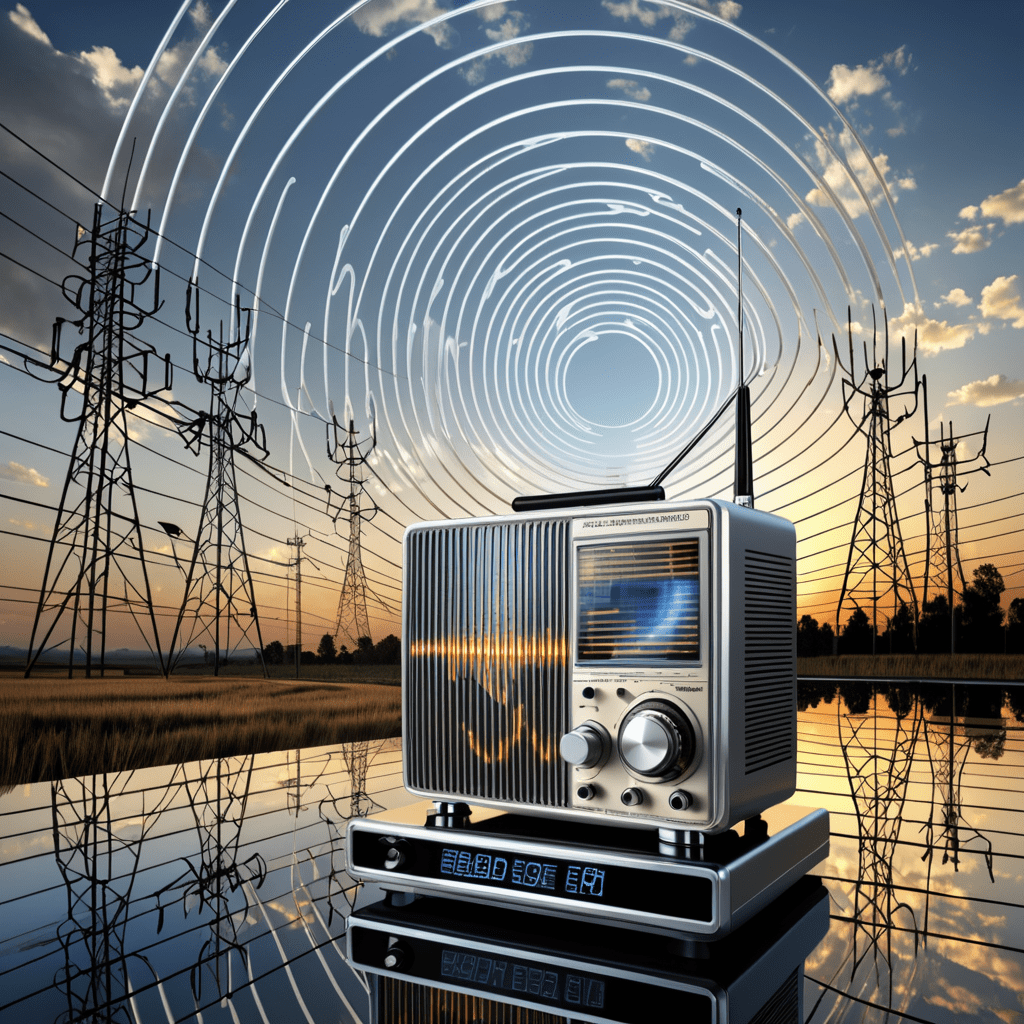The Revolutionary Influence of the Internet of Things on Today’s Technology Landscape
The Internet of Things (IoT) has rapidly transformed the way we interact with technology, redefining the capabilities of interconnected devices and revolutionizing various industries. From the seamless integration of smart appliances in our homes to the optimization of industrial processes, the impact of IoT has been profound and far-reaching.
The Evolution of IoT
The concept of IoT has evolved over the years, originating from the idea of connecting devices to the internet to enable remote monitoring and control. As technology advanced, IoT applications expanded to encompass a wide range of sectors, including healthcare, agriculture, transportation, and urban infrastructure. The integration of sensors, actuators, and connectivity solutions has paved the way for a truly interconnected world.
Enhancing Efficiency and Accessibility
One of the most significant impacts of IoT is the enhancement of efficiency and accessibility across various domains. In the realm of smart homes, IoT devices enable homeowners to remotely manage energy consumption, monitor security systems, and automate routine tasks. Similarly, in healthcare, IoT has facilitated the development of wearable devices that monitor vital signs and enable continuous health tracking, leading to improved patient care and management.
Empowering Data-Driven Insights
IoT generates a vast amount of data through interconnected devices, providing valuable insights that drive informed decision-making. With the integration of data analytics and machine learning, businesses can leverage IoT-generated data to gain actionable intelligence, optimize operations, and predict maintenance needs. This data-driven approach has the potential to revolutionize industries by fostering innovation and improving overall performance.
Challenges and Security Considerations
While IoT offers unparalleled opportunities, it also presents significant challenges, particularly in terms of security and privacy. The interconnected nature of IoT devices creates potential vulnerabilities that can be exploited by malicious actors. As a result, ensuring robust security measures and implementing stringent privacy protocols are critical in mitigating these risks and safeguarding the integrity of IoT ecosystems.
Sustainable Integration and Future Prospects
The integration of IoT technology also raises important considerations regarding sustainability and environmental impact. As IoT devices proliferate, the need for energy-efficient solutions and responsible manufacturing practices becomes increasingly crucial. Additionally, the development of standardized protocols and frameworks is essential to facilitate seamless interoperability and ensure the long-term viability of IoT deployments.
Frequently Asked Questions (FAQ)
Q: How does IoT impact everyday life?
A: IoT has transformed everyday life by enabling the automation of tasks, enhancing convenience, and facilitating connected experiences. From smart home devices that streamline household management to wearable fitness trackers that promote wellness, IoT has become ingrained in daily routines, offering unprecedented levels of connectivity and control.
Q: What are the key considerations for IoT security?
A: Maintaining robust security measures is paramount in IoT deployments. This entails implementing encryption, authentication protocols, and access controls to protect data and devices from potential threats. Furthermore, regular updates and patches, as well as rigorous testing, are essential to fortify the security posture of IoT systems.

